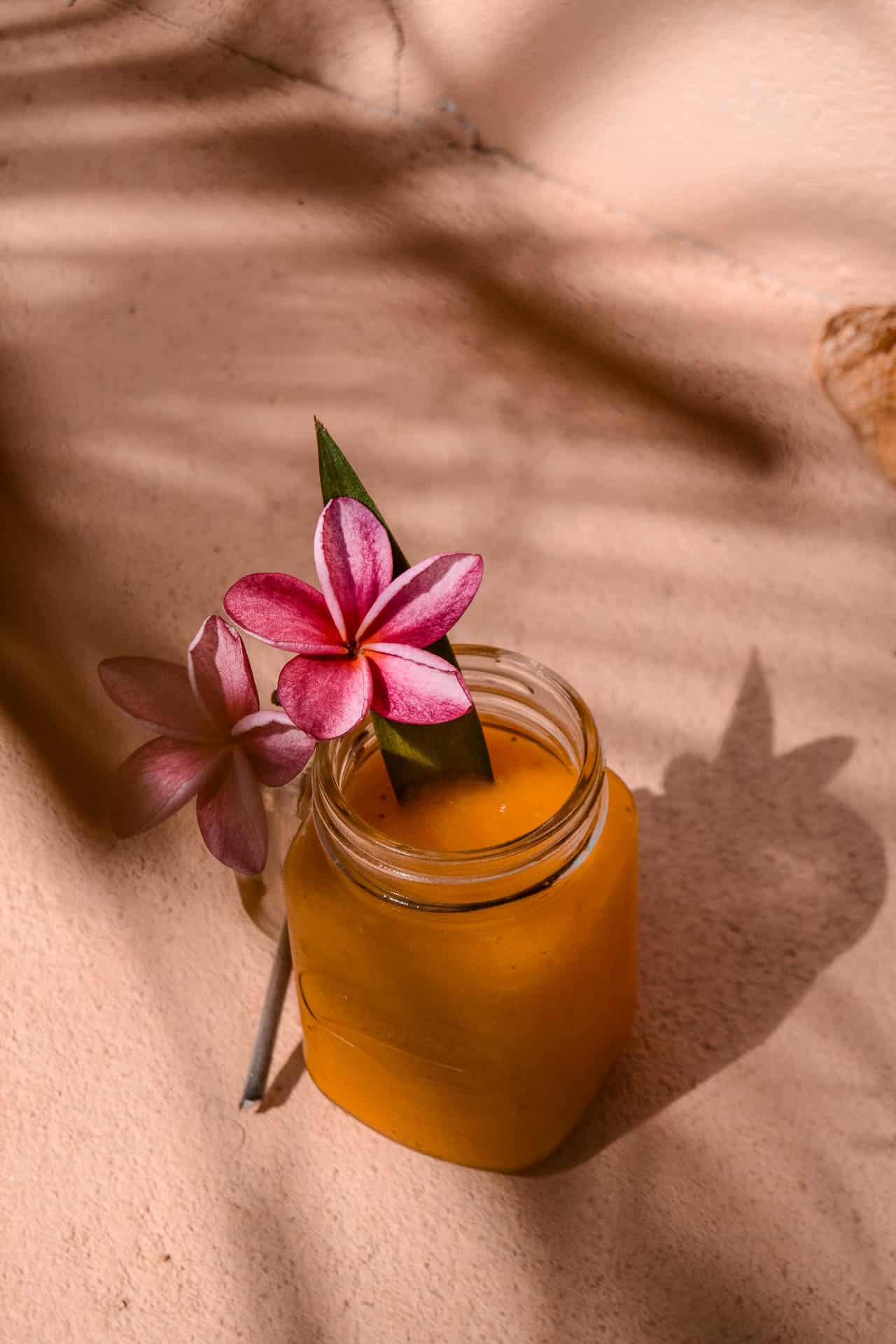Nestled in the heart of Indonesia, Bali beckons travellers with its lush landscapes, vibrant culture, and enchanting traditions. As you embark on a journey to the “Island of the Gods,” understanding the local currency becomes an essential aspect of ensuring a seamless and enjoyable experience. In this guide, we delve into the intricacies of currency in Bali, shedding light on the official tender, practical tips for managing your finances, and the cultural nuances that make the Balinese rupiah more than just a means of transaction.
Table of contents
Join us as we navigate the diverse facets of currency in Bali, providing you with insights to make the most of your financial endeavours while immersing yourself in the unique charm that defines this captivating destination. Welcome to the world of Balinese currency – where every note carries a story and every transaction is a gateway to the island’s rich tapes.
What is the Currency Used in Bali?
The official currency used in Bali is the Indonesian Rupiah, abbreviated as IDR and symbolized as Rp. When quoting prices in Indonesian Rupiah, it is common to see the thousands implied, meaning that for example, when a price is written as “10.000” it actually represents 10,000 Indonesian Rupiah. Prices in Bali are typically represented with a comma separator for thousands and a period for decimals, so for instance, 100,000 Indonesian Rupiah would be written as “100.000”. When dealing with the currency, it is important to be aware of this convention to avoid confusion. Overall, the Indonesian Rupiah is the main currency used in Bali and is denoted by the abbreviation IDR and the symbol Rp.
Denominations of Rupiah
The Indonesian rupiah is the official currency of Indonesia and is known for its denominations ranging from small coins to larger banknotes. These denominations of rupiah are in use throughout the country and play a crucial role in the everyday transactions of the Indonesian people.
Understanding the denominations of rupiah is essential for anyone visiting or doing business in Indonesia, as it allows for a better grasp of the local currency and its usage in various contexts. Whether you’re a traveller, a businessperson, or simply curious about Indonesian currency, this article will provide valuable insight into the denominations of rupiah and their significance in daily life.
Rupiah Notes
The seven major banknote denominations in Indonesia are 1000, 2000, 5000, 10,000, 20,000, 50,000, and 100,000 Rupiah.
The latest series of banknotes was released in 2016, and notes come in denominations of 1000. It is advisable to be cautious when handling amounts of 10,000 Rupiah as counterfeit notes are common. Always ensure the authenticity of the notes when conducting transactions.
Rupiah Coins
The Rupiah coins in Indonesia come in denominations of 50, 100, 200, 500, and 1000. The Bali currency coins are made of either bronze, nickel or aluminium. These coins are not commonly used in everyday transactions but are still in circulation. The 1000 coin is the most commonly used and is worth approximately 7 US cents.
However, caution should be taken when using coins in busy markets as they are often overlooked and mistaken for smaller denominations. It is advisable to count your change carefully to ensure that you are receiving the correct amount. Despite their limited usage, Rupiah coins are still accepted as legal tender and can be used in smaller transactions.
What Currency Should You Carry to Bali?
When traveling to Bali, it’s essential to consider the best currency to take with you to ensure smooth transactions and favorable exchange rates. While the Indonesian Rupiah is the official currency in Bali, it’s also important to consider the convenience and accessibility of other currencies, as well as the potential for better exchange rates.
In this guide, we’ll explore the best currency options for travellers heading to Bali, taking into account factors such as exchange rates, fees, and accessibility. Whether you’re planning on using cash or cards, understanding the best currency to use in Bali will help make your trip more efficient and cost-effective.
How Much Do Things Cost in Bali?
In Bali, the average cost of food can range from $1.50 to $10 for a meal, depending on whether it is street food or at a mid-range restaurant. Transportation costs vary, but a one-way ticket on local transportation can be around $0.30, while renting a scooter can cost between $5 to $10 per day. Entertainment activities, such as visiting a temple or taking a surf lesson, can range from $5 to $50. It’s important to note that taxes and service charges are often added to restaurant bills, typically around 10% and 5% respectively. Overall, the cost of living and traveling in Bali is relatively affordable, with plenty of budget-friendly options available for food, transport, and entertainment.
What is the Best Way to Take Money to Bali?
When traveling to Bali, there are several options for taking money to ensure a convenient and cost-effective experience. First, it’s advisable to exchange some cash for Indonesian Rupiah upon arrival at a reputable exchange service. Another option is to use credit or debit cards, but it’s essential to be aware of potential charges and fees associated with international transactions. Opening a free account with fee-free banks like Revolut and Monzo or considering specific travel cards can be a good alternative to traditional banking and may offer better exchange rates.
For debit/credit cards, it’s crucial to inquire about foreign transaction fees and currency conversion charges. When it comes to the best currencies to bring, US dollars and euros are widely accepted and can be easily exchanged in Bali.
To make the most of your money in Bali, it’s advisable to practice smart financial behaviours such as bartering for goods and services and using two stashes for small and large purchases to avoid flashing large amounts of cash. By taking these measures, you can make your money go further and have a hassle-free experience when managing your finances in Bali.
Money-Changers in Bali
In Bali, authorised money changers with proper signage, security cameras, and money counting machines can be found in various popular areas. In Kuta, visitors can find reputable money changers along Jalan Legian and Poppies Lane. In Seminyak, authorised money changers can be found in the main shopping areas and along Jalan Raya Seminyak. In the vibrant area of Legian, money changers with proper facilities are located along the main streets and near popular tourist spots.
In Canggu, visitors can find authorised money changers with proper facilities in the main commercial areas and near popular restaurants and cafes. In Sanur, reputable money changers can be found in the main shopping and dining areas, offering a convenient option for visitors staying in this coastal town. In Ubud, visitors can find authorised money changers with proper facilities in the main tourist areas and near the popular Ubud market.
It’s important to look for authorised money changers that display proper signage, have security cameras in place, and use money counting machines to ensure a secure and reliable exchange process. Visitors should always be cautious and exchange money at reputable locations to avoid any potential scams.
Using you Bank Credit or Debit Card in Bali
When traveling to Bali, it’s important to understand the best ways to use your bank or credit card to access money and make purchases. With a variety of ATMs available throughout the island, as well as opportunities to use credit cards in many establishments, it’s crucial to be aware of any potential fees or exchange rates that may apply. By understanding the options for using your bank or credit card in Bali, you can make informed decisions and ensure a smooth and convenient financial experience during your travels.
If you find yourself in the unfortunate situation of losing your bank card in Bali, it’s important to take a few immediate steps to protect your finances and prevent any fraudulent activity. The first thing you should do is contact your bank as soon as possible to report the loss of your card, cancel it, and request a replacement. This will prevent anyone from using your card to make unauthorized transactions.
In addition to this, it’s essential to keep a close eye on your bank statements for any suspicious activity. If you notice any unauthorized transactions, report them to your bank immediately. To avoid any inconvenience while waiting for a new card, consider using alternative payment methods such as cash or mobile payment options.
By following these steps – reporting the loss, canceling the card, requesting a replacement, monitoring your statements, and using alternative payment methods – you can minimize the risk of financial loss and protect your account from unauthorized use.
Looking for the perfect activity to do in Bali? How about surfing?
Join Rapture Surfcamps for a fun-filled and adventurous surf trip to Bali!
Reviews From Our Guests
FAQs
The official currency in Bali, as in the rest of Indonesia, is the Indonesian Rupiah (IDR).
While it’s possible to exchange currency before arrival, it’s generally convenient to do so locally in Bali. Money changers and banks are prevalent, especially in tourist areas.
Major credit cards are accepted in many establishments, especially in popular tourist areas. However, it’s advisable to carry some cash for places that may not accept cards.
Use reputable money changers or banks to exchange currency. Be aware of the current exchange rates and check for any fees or commissions applied during the exchange.
There are no strict currency restrictions for tourists entering or leaving Bali. However, there are limits on the amount of cash you can carry without declaring it at customs.



